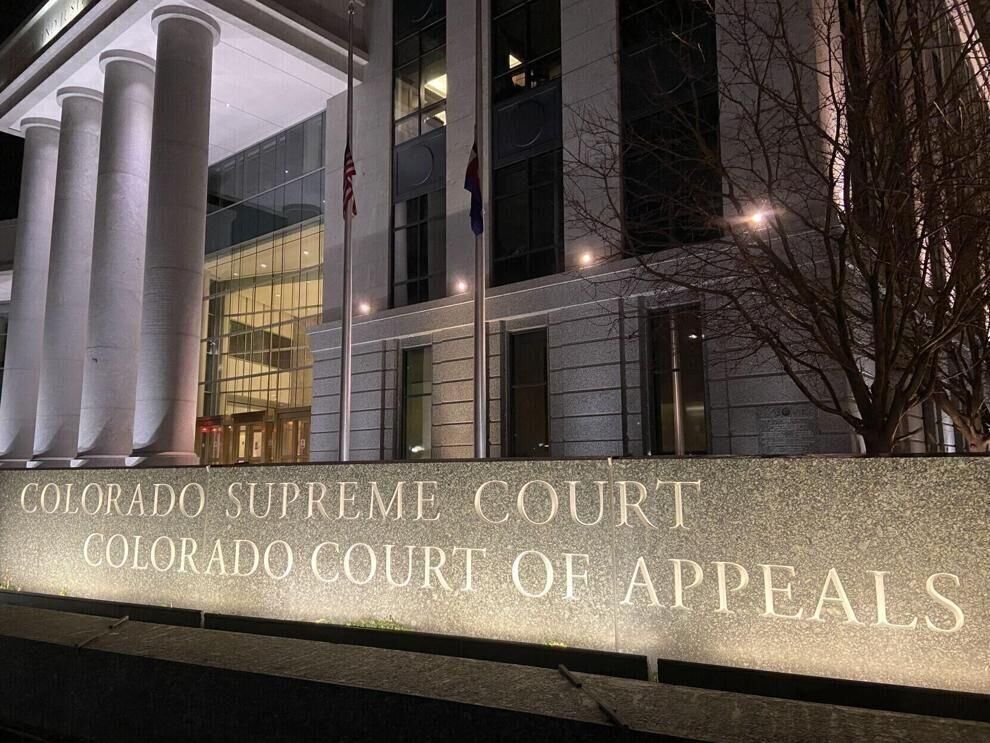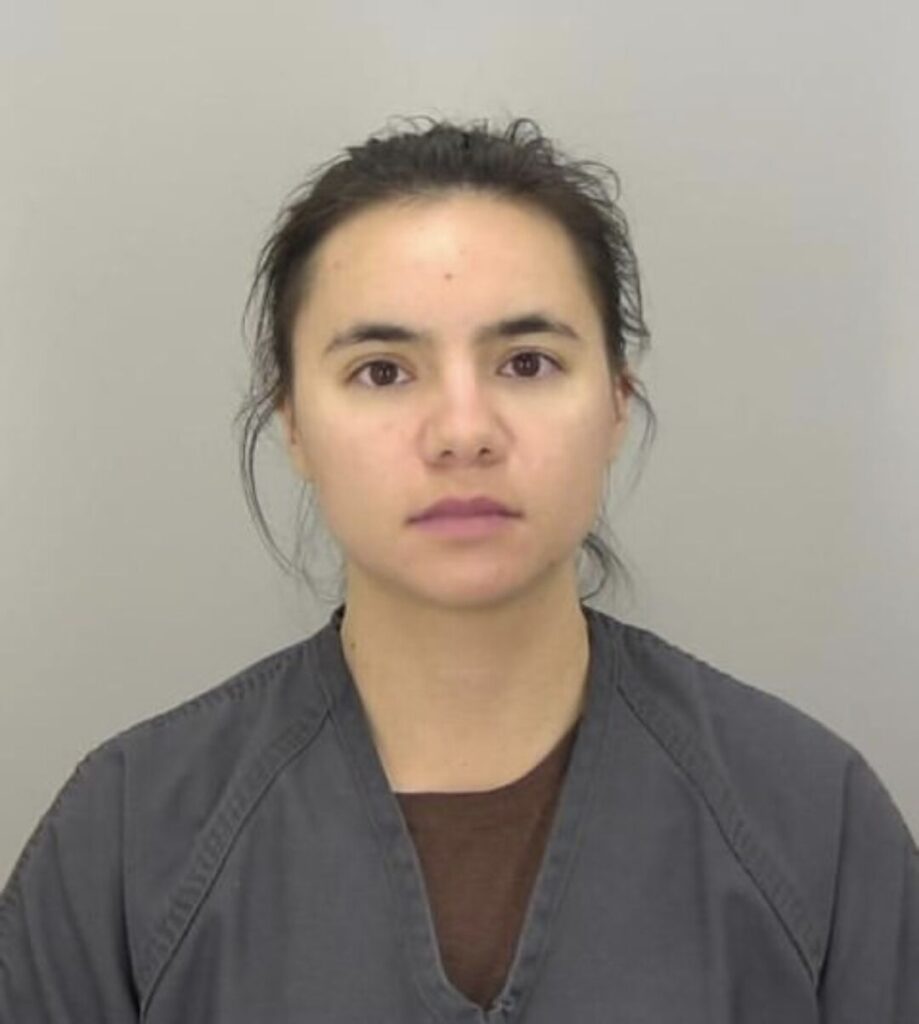Appeals court orders new trial after Arapahoe County judge failed to instruct jury on self-defense

A man serving 16 years for assault and attempted manslaughter will receive a new trial after Colorado’s second-highest court determined an Arapahoe County judge failed to give jurors a required instruction about self-defense.
The law entitles a defendant to such an instruction when there is some credible evidence they acted in self-defense. District Court Judge Darren Vahle even agreed to instruct the jury accordingly at Robert Paul Davis’ 2019 trial. But for reasons that were unclear, he never gave a self-defense instruction for the two offenses that resulted in a conviction.
Prosecutors charged Davis with attempted first-degree murder and first-degree assault when he shot his partner in their apartment during a domestic dispute. While prosecutors painted Davis as the aggressor, both parties were under the influence of drugs and the alleged victim admitted at one point to hitting Davis.
Davis argued at trial that he acted reasonably by responding with force to the victim’s aggression, and Vahle accordingly provided the jury instructions for considering self-defense on the attempted murder and assault charges. But the jury convicted Davis of two lesser offenses: attempted manslaughter and second-degree assault.
Both offenses required Davis to have acted recklessly. And in both instances, Vahle did not give a self-defense instruction. Davis received a sentence of 16 years following the jury’s verdict.
On appeal, Davis argued the failure to properly instruct a jury on the principles of self-defense is an error that requires reversal of a defendant’s convictions. Here, it was plausible the jury acquitted Davis of the charges where they believed self-defense applied, and convicted him of the crimes where self-defense was not seemingly an option.
The prosecution countered that the evidence against Davis was “overwhelming,” and the lack of a self-defense instruction did not alter the outcome.
“No rational juror could have reasonably inferred, based on the evidence presented at trial, that defendant had acted justifiably, rather than recklessly, when he shot” the victim, wrote Assistant Attorney General Brian M. Lanni.
But a three-judge panel of the Court of Appeals agreed with Davis.
“The error was obvious,” wrote Judge Jerry N. Jones in the Dec. 15 opinion. “And the error casts serious doubt on the reliability of the judgment of conviction.”
The case is People v. Davis.














